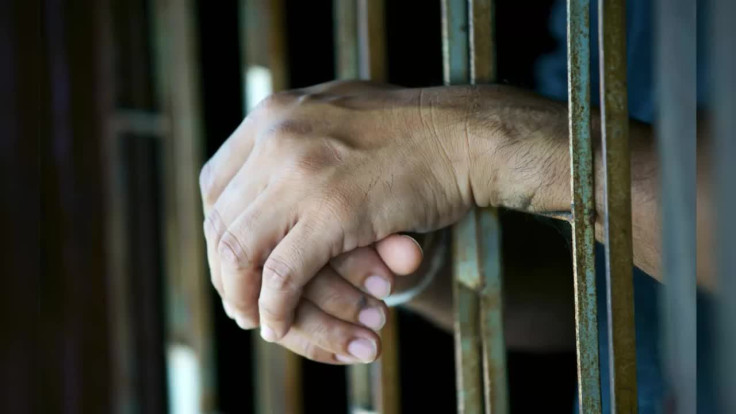
Mexico sent 26 people accused of being cartel operatives to the United States on Tuesday amid increasing pressure from the Trump administration. Experts say they may not be the last ones.
The extradition is the second this year by Mexican officials, who had sent 29 cartel leaders to the U.S. in February, The New York Times noted. That decision sparked debate in Mexico over the legal grounds and political sense of such a move.
On Tuesday, the Mexican government announced that the 26 people being extradited were "wanted for their links to criminal organizations for drug trafficking, among other crimes, and represented a permanent risk to public security." It also said that the Department of Justice had requested their extradition and had committed to not requesting the death penalty in their cases.
Those handed over to U.S. custody include Abigael Gonzalez Valencia, a leader of "Los Cuinis," a group closely aligned with notorious cartel Jalisco New Generation, or CJNG. Another defendant, Roberto Salazar, is wanted in connection with the 2008 killing of a Los Angeles County sheriff's deputy. Other prominent figures have ties to the Sinaloa Cartel and other drug trafficking groups, NBC News reports.
Nevertheless, Ronald Johnson, the U.S. ambassador to Mexico, praised President Claudia Sheinbaum in a statement and added, "this transfer is yet another example of what is possible when two governments stand united against violence and impunity."
Experts warn that the extraditions carry the risk of unleashing episodes of violence, including possible narco-terrorism, as a response from criminal organizations.
"There will be some reaction at some point from the drug traffickers in question. There are some who are true heavyweights in the criminal underworld and who still have allies," security consultant David Saucedo told Infobae. "They will surely respond to this threat from the United States government."
Saucedo did not rule out the possibility that organizations such as the Sinaloa Cartel, the Jalisco New Generation Cartel, and the Familia Michoacana could respond with tactics that could affect authorities, the armed forces, or even the civilian population, in narcoterrorism actions comparable to those recorded in Colombia in the 1990s.
The expert also pointed out that the authorities have other lists of cartel members and operators who they can extradite at a moment's notice, including active regional leaders and relatives of high-profile figures.
"I understand there are more lists of active drug traffickers from the United States who currently hold prominent positions, such as plaza bosses, regional leaders, commanders of the Jalisco cartel, and of course, the others sons of Chapo Guzman, who are on the list of Americans and who are the priority targets for capture and extradition," Saucedo said on Radio Formula.
The extraditions come as the Trump administration continues threatening Mexico with higher tariffs and using the U.S. military to fight cartels. Some Mexican government allies have criticized Sheinbaum's willingness to extradite the druglords, saying Mexico has lost a bargaining chip that could have been valuable in bilateral negotiations.
"The Sheinbaum government is trying to show that they are willing to collaborate on these security issues," Cecilia Farfan Mendez, a security analyst at the Global Initiative Against Transnational Organized Crime, an organization based in Switzerland, told The Times. "Sending a new batch of alleged criminals to the U.S. is not something that the average Mexican cares about, but it goes a long way with Washington."
© 2025 Latin Times. All rights reserved. Do not reproduce without permission.




